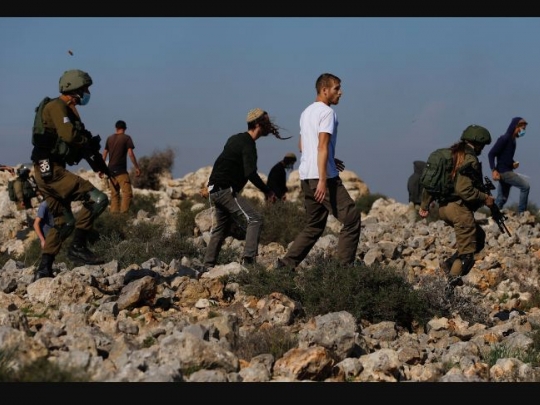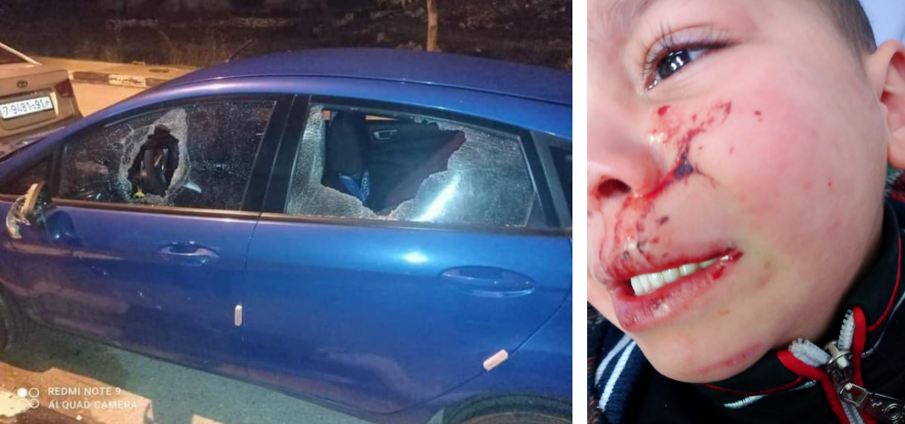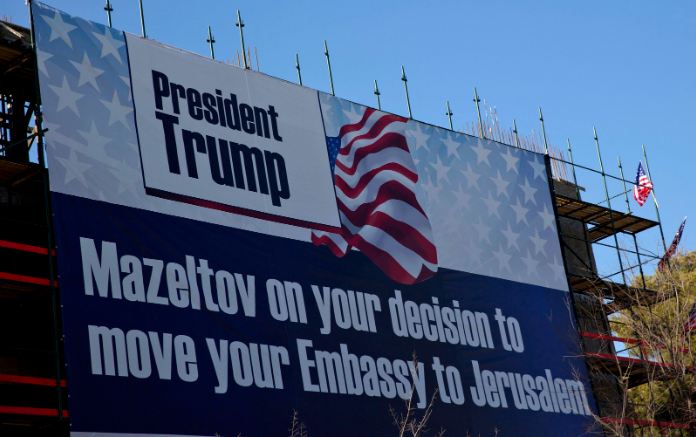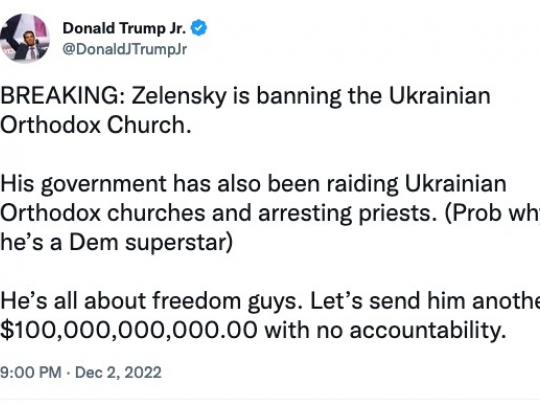Emboldened by Trump and Netanyahu, Jewish Settler Terrorism is Spiking

On the night of Jan. 28, Alaa Sawafteh was driving back with his family to Tubas from Ramallah in the occupied West Bank when his car was attacked by around 30 Israeli settlers.
The Israelis, from the nearby settlement of Beit El, smashed the car windows, opened the doors, and struck his three-year-old son’s face with a rock, leaving him with a scar on his forehead. Sawafteh’s family was supposed to be celebrating his son’s birthday, but instead the family spent the night in the hospital.
Settler violence is a daily reality for Palestinians living in the West Bank, but in recent months the attacks have increased in severity and frequency. In 2020, the United Nations Office for Coordination of Humanitarian Affairs in the Occupied Palestinian Territory (OCHA) recorded 772 incidents of settler violence. So far, in 2021, the OCHA has reported 152 acts of settler violence.
The violence includes attacks against Palestinians and damage to their properties, such as uprooting agriculture, setting fire to crops, denying Palestinians access to their natural resources, vandalizing buildings with racist slogans, pelting moving vehicles with rocks, and establishing caravans in order to expand settlements. Physical attacks against Palestinians include live fire, beatings, and stone-throwing.
Israeli human rights organization B’Tselem has also recorded a sharp rise in settler attacks since December, documenting 73 incidents from mid-December to mid-February. Media reports have attributed the spike in violence to the death of Israeli settler Ahuvia Sandak on Dec. 21, 2020. The 16-year-old was killed by Israeli police during a car chase after he was suspected of throwing stones at Palestinians.
Settlers often retaliate against perceived threats on settlement expansion by attacking Palestinians in what’s known as the “price tag” phenomenon. “The attacks are partially driven by the ideology that ‘every attack on settler interests should draw a response,’” Palestinian human rights organization Al-Haq said in a January report on settler violence. “Accordingly, when the [Israel Occupation Forces] attempts to impose restrictions on settlement construction and/or expansion, for the affected settlers — Palestinians ought to pay an additional price.”
“Whenever we see restrictions by the Israeli government or attacks by Palestinians, we do observe a spike and an intensification in settler attacks,” Aseel AlBajeh, legal researcher and advocacy officer at Al-Haq, said, adding “This policy of price tag is part and parcel of the Israeli settler colonial regime, which is facilitated by the government when they are not enforcing the law to prosecute and investigate these attacks.”
With impunity, settler violence rages on
While Israelis were celebrating the Jewish holiday of Purim last week, Palestinians remembered the anniversary of the Ibrahimi Mosque massacre. On Feb. 25, 1994, American-Israeli settler Baruch Goldstein stormed Hebron’s Ibrahimi Mosque, killing 29 worshippers.
Goldstein was a follower of Kahanism, a movement founded by American rabbi Meir Kahane. Kahanism espouses racist beliefs, such as maintaining that non-Jews shouldn’t have civil rights.
Despite Kahane’s Kach Party being banned from Israeli politics in 1988, Israeli Prime Minister Benjamin Netanyahu recently pushed for a right-wing alliance with Itamar Ben-Gvir, Kahanist and defense lawyer for price tag campaigners, in the upcoming Israeli election. His decision arguably allows for Kahanism to become mainstream.
For Palestinian activist and founder of Youths Against Settlements Issa Amro, Netanyahu’s political move takes Israel’s culture of impunity to another level. “It’s a signal for the Israeli youth and the new generation that by violence, by aggression, by extremism, by terror, you can reach the Knesset [Israeli parliament],” Amro said. “Impunity [for] any kind of violence may encourage settlers to repeat the Ibrahimi massacre somewhere else.”
Settlers are rarely, if ever, held accountable for the violence they commit. According to Israeli human rights organization Yesh Din, 91% of investigations into Israeli crimes against Palestinians are closed without an indictment.
Sawafteh, whose family now suffers from post-traumatic stress as a result of the settler attack in January, understands this first-hand. Despite having photos and videos of the attack, he was told by the Israeli authorities that charges couldn’t be filed because there wasn’t evidence.
And Amro, who has been attacked by settlers multiple times and even filed three complaints in the last year, has yet to see a settler arrested.
https://twitter.com/Issaamro/status/1360260084828409857
Even worse, B’Tselem indicates that Israeli forces are often complicit or directly involved in attacks against Palestinians. “In many cases, Israeli security forces are present and do nothing to protect the Palestinians who are being attacked and sometimes even participate in the violence toward them,” B’Tselem spokesperson Amit Gilutz, said. “So, the lack of law enforcement following up with these violent incidents, of course, green-lights the continuation of these events.”
Trump policies encouraging settler violence
Donald Trump’s rhetoric incited white supremacists to such an extreme that his presidency ended with a riot at the Capitol spurred by Trump’s own words. But the former president’s language and actions didn’t just influence racists in the United States.
For Amro, it’s not just the Israeli government that’s fostering a climate of tolerance toward Jewish terrorism. He emphasized that the previous American administration as well has helped provoke settler attacks against Palestinians. “The settlers told me many times that they are backed up by Trump,” Amro said. “I saw a lot of settlers be proud of attacking Palestinians, be open about annexation and apartheid — all of this behavior came out during the Trump administration.”
According to a recent report from West Bank Jewish Population Stats, the settler population in the West Bank grew at a higher rate under Trump, increasing by 13% since 2017, when Trump took office. Settlement watchdog group Peace Now reported settlement construction and infrastructure serving the settlements also increased during Trump’s term. From 2017-21,11,815 tenders for settlement construction were issued and 33,756 housing units were promoted in the settlements. For comparison,10,331 housing units were promoted in the settlements between 2013-2016.
Trump’s reversal of standard American policy on Israeli settlements allowed the settlement movement to grow unchecked. Under his administration, settlements were no longer considered “illegal;” U.S. exports of settlement goods were labeled as “made in Israel;” and his peace plan included Israeli annexation of the West Bank.
However, Israel’s failure to annex the West Bank over the summer may also be contributing to a rise in settler violence. Amro explained:
The settlers wanted to create facts on the ground because the annexation plan was not successful in theory. So they are trying to do it in practice by making life for the Palestinians harder so they leave these areas and then the settlers can confiscate the Palestinian land and build more settlements.”
But whether it’s a Republican or Democratic president in the White House, human rights groups stress that the real issue is that settler violence is supported by the Israeli state. The attacks may dip or spike over the years, but the violence remains ongoing. B’Tselem’s Gilutz summed it up:
From our perspective, what’s more important is the fact that the conditions are set for these violent outbursts to occur again and again, and that even if there isn’t a peak, as there has been in recent weeks, settler violence is one of the most fundamental facts of life in the West Bank for Palestinians. This is state policy. It’s sanctioned by the state and backed by the state.”
- Source : Jessica Buxbaum




















